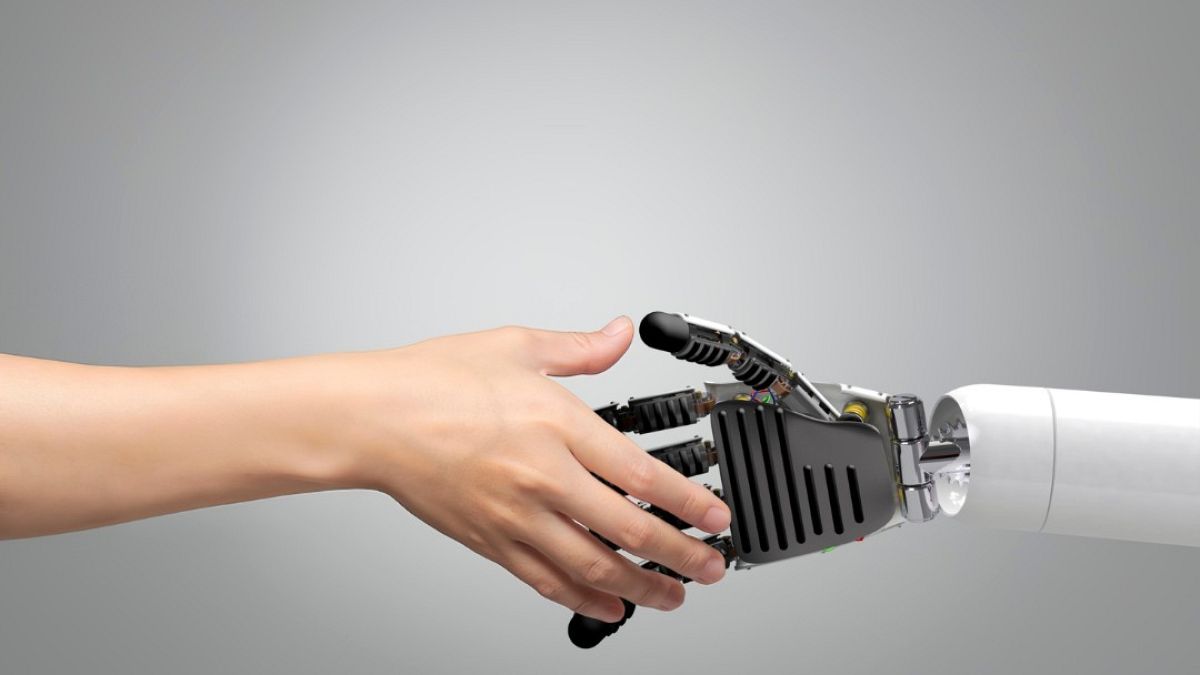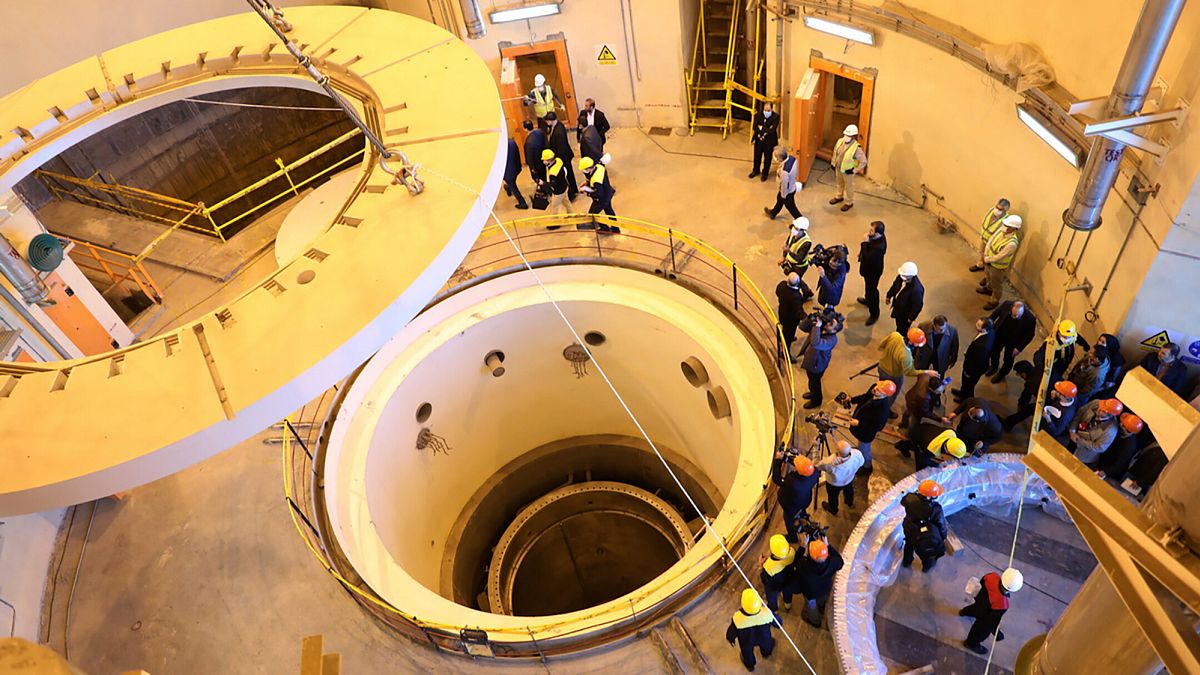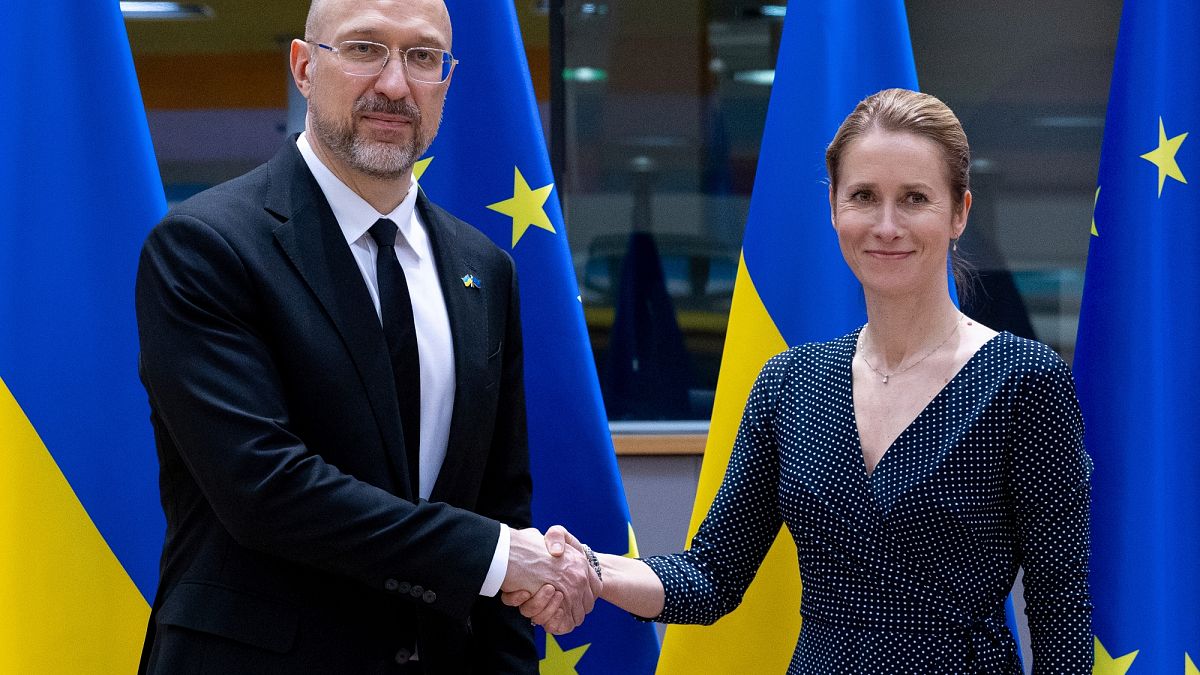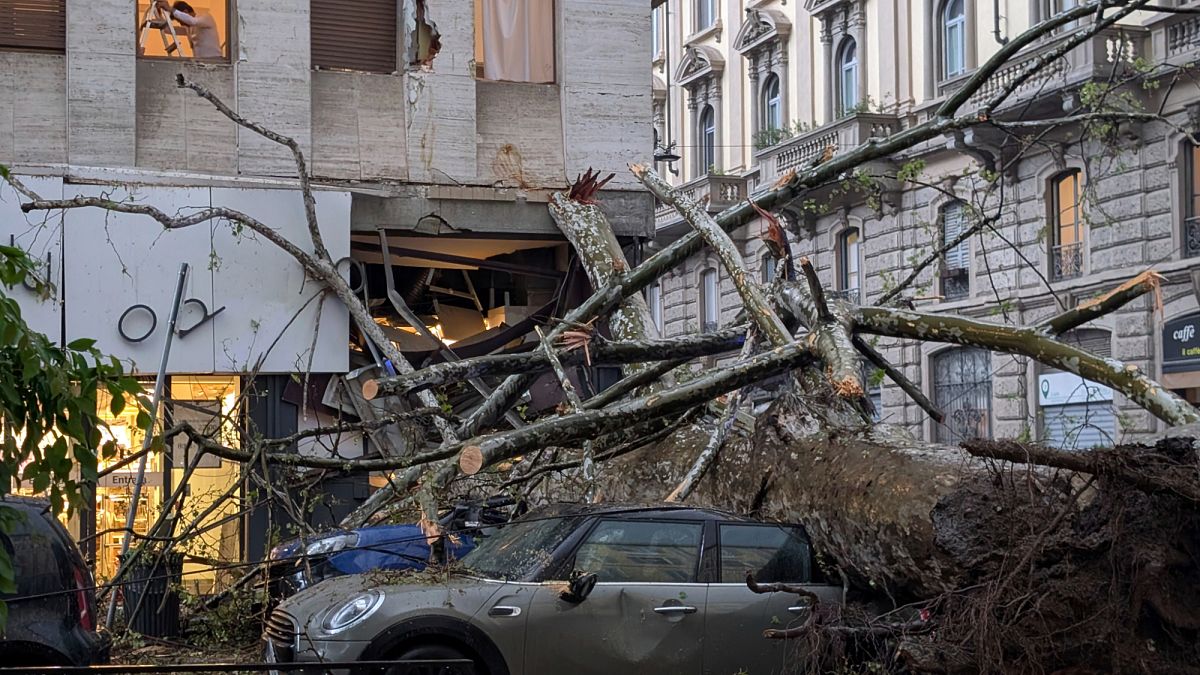"The West as we knew it no longer exists," Ursula von der Leyen has declared amid rapidly deteriorating relations with the United States under Donald Trump's administration, which has forced Europe to look elsewhere for allies and partners.
In the aftermath of Trump's sweeping tariffs, which Brussels has decried as "neither credible nor justified", the president of the European Commission has been working the phones with representatives from Norway, Iceland, Canada, New Zealand, Singapore and the United Arab Emirates. Von der Leyen has also spoken with Chinese Premier Li Qiang, fuelling speculation of an imminent thaw in EU-China ties after years of tensions.
"The world has become a globe also geopolitically, and today our networks of friendship span the globe, as you can see in the debate about tariffs," von der Leyen told the German newspaper Zeit in a wide-ranging interview published on Tuesday.
"Right now, I could have these conversations 24 hours a day. Everyone is asking for more trade with Europe – and it's not just about economic ties. It is also about establishing common rules and it is about predictability. Europe is known for its predictability and reliability, which is once again starting to be seen as something very valuable," she said.
"On the one hand, this is very gratifying; on the other hand, there is also of course a huge responsibility that we have to live up to."
Describing herself as a "great friend" of America and a "convinced Atlanticist", von der Leyen insisted the long-time bond between both sides of the Atlantic was still intact, despite the seismic changes unleashed by Donald Trump, including his disruptive commercial policies, contempt for the multilateral system, annexationist threats and hard pivot towards Russia, all of which has alienated Washington's traditional allies.
Asked if America was a friend, a former friend or an opponent, the Commission chief avoided "these kinds of classifications" while admitting the relation was "complicated".
Von der Leyen did not explicitly criticise Trump – in fact, his name was only mentioned by the journalist – but suggested repudiation of the country that Trump is attempting to build through his raft of executive orders.
"Europe is still a peace project. We don't have bros or oligarchs making the rules. We don't invade our neighbours, and we don't punish them. On the contrary, there are twelve countries on the waiting list to become members of the European Union. That's about 150 million people," she said, referring to the accession process.
"In Europe, children can go to good schools, however wealthy their parents are. We have lower CO2 emissions, we have higher life expectancy. Controversial debates are allowed at our universities. This and more are all values that must be defended, and which show that Europe is more than a union. Europe is our home. And people know that."
Eyes on Big Tech
Regarding the ongoing negotiations with the White House, the Commission president confirmed that both America's manufactured goods and digital services could be targeted in retaliation if talks failed to yield a solution. Brussels is hoping the 90-day pause introduced by Trump, and reciprocated by von der Leyen, will lead to a compromise where the sweeping tariffs are either abolished or significantly reduced.
But going after the valuable services offered by Silicon Valley risks triggering the ire of the Trump administration, which has repeatedly, and vociferously, complained about the regulations that the EU has introduced in recent years to rein in Big Tech's power.
The Commission is believed to be in the final stages of probes under its Digital Markets Act into Meta and Apple, a closely watched process that could lead to hefty fines. The executive insists the probes are completely separate from the trade talks but the coincident in time of both tracks has laid the groundwork for a potentially explosive clash.
"We are setting out our position clearly, and the Americans are doing the same. And that is the essence of any negotiations: nothing is agreed until everything has been agreed. And I think that, whether we are trading in industrial goods or digital goods, we are entitled to present all aspects of the situation," von der Leyen said.
"For them (Big Tech firms), Europe is a very attractive, rich market. It has 450 million people who, in comparison with the rest of the world, have a high standard of living and free time. This means that, here in Europe, there is enormous turnover and huge profits in digital services. No firm wants to lose access to this market."
From Beijing to Moscow
While Europe faces a punitive 20% "reciprocal tariff", China has been slapped with a whopping 145% rate, prompting an all-out trade with Beijing, which has responded by hiking levies to similar levels. The tariffs are so high that both markets have become effectively closed to each other, stoking fears that China, in search of an alternative market, will massively re-direct its low-cost exports to Europe.
The Commission will remain "very vigilant" to ensure the flood does not materialise, von der Leyen said. However, when asked if Europe should "trust the Chinese", she did not refute the growing speculation of a rapprochement.
"In principle, if market access conditions are made more difficult for a large trading partner like the US, then it is clear that we are looking for new trading partners to make it easier for our companies to access new markets," she replied.
Von der Leyen, who during her first mandate promoted a "de-risking" strategy to deal with China, has in recent weeks softened her stance, speaking instead of a "transactional" foreign policy that can lead to "constructive" engagement with countries that do not necessarily share the bloc's fundamental values, like China.
Still, the "no-limits" partnership between Chinese President Xi Jinping and Russian President Vladimir Putin is set to be a formidable obstacle in any attempted thaw. In the interview, von der Leyen warned Putin's "imperialistic ambitions" could see him dare to attack a NATO or EU member state sometime in the future. Several intelligence agencies estimate the Kremlin could be ready for such an attack by 2030.
With Trump showing no intention of approving further military or financial assistance to Ukraine, Europe is rushing to pick up the tab and fill the gap, even if its capabilities cannot match America's might. In parallel, Western allies have set up a "coalition of the willing" to provide security guarantees to Kyiv and safeguard a potential peace deal.
"The country has defended itself bravely with the help of its friends," von der Leyen said when asked whether Europe could support Ukraine on its own. "And it is extremely important that we show staying power because, from the start, Putin's calculation has been that support for Ukraine would crumble. In fact, the opposite has happened."

 2 days ago
6
2 days ago
6






 We deliver critical software at unparalleled value and speed to help your business thrive
We deliver critical software at unparalleled value and speed to help your business thrive






 English (US) ·
English (US) ·